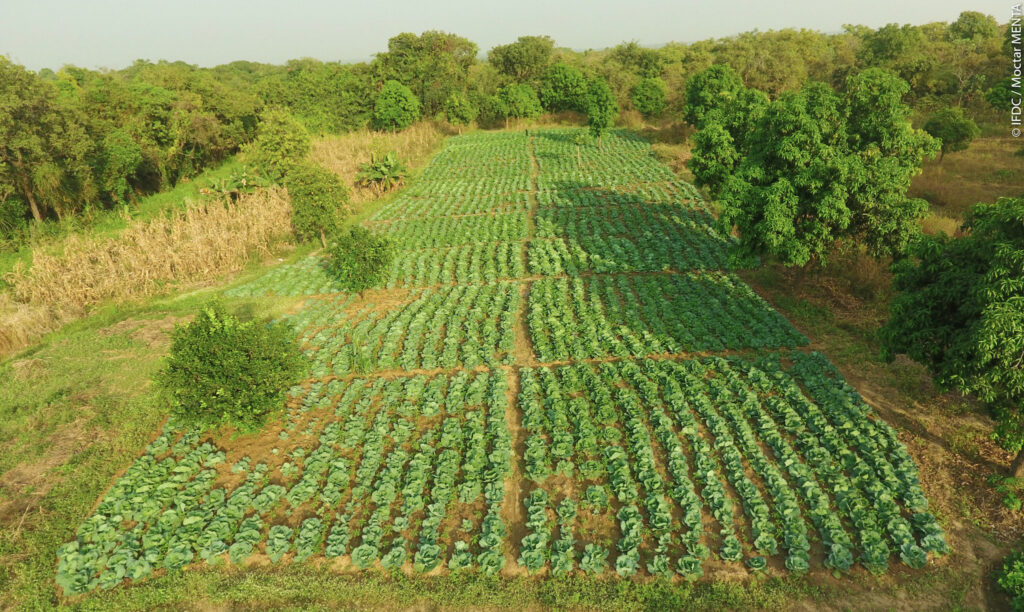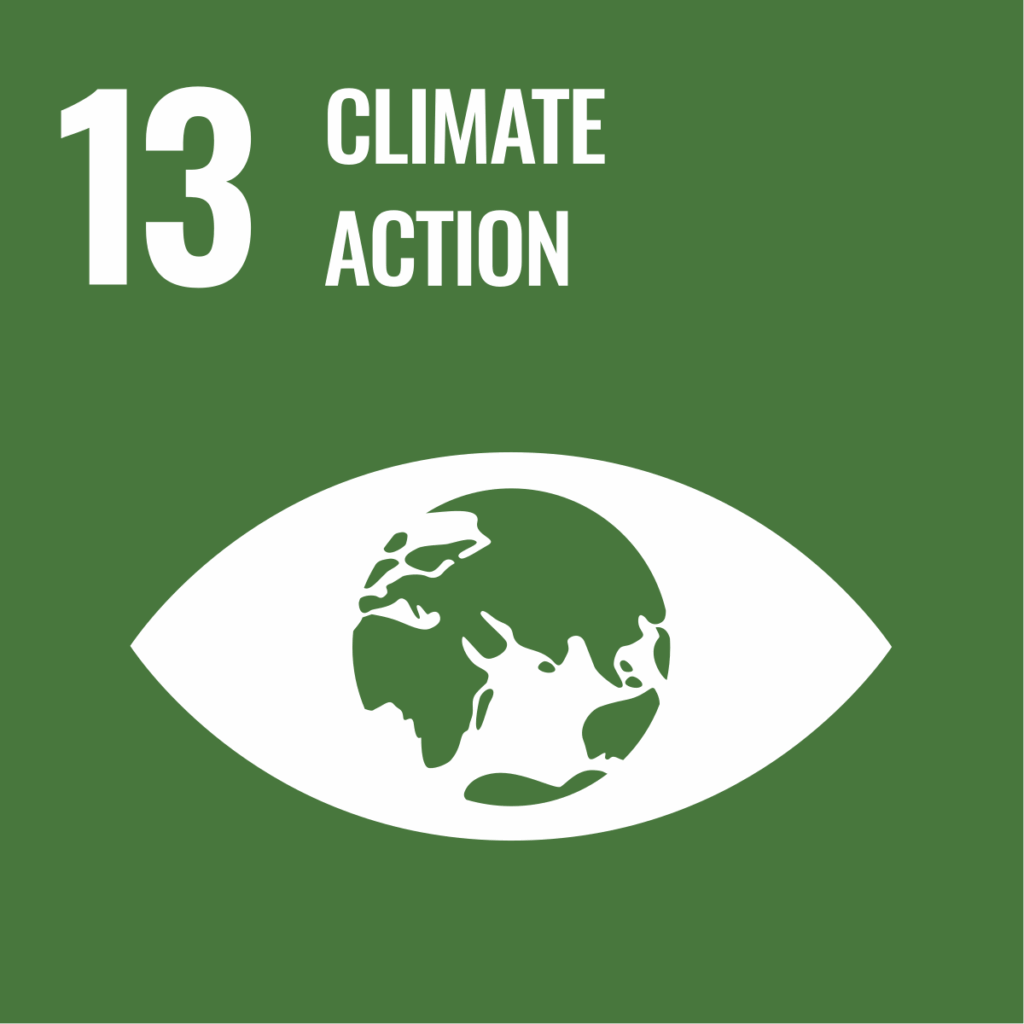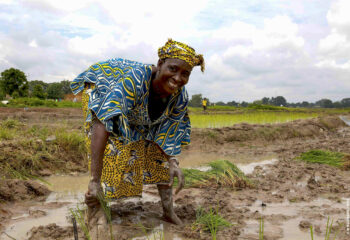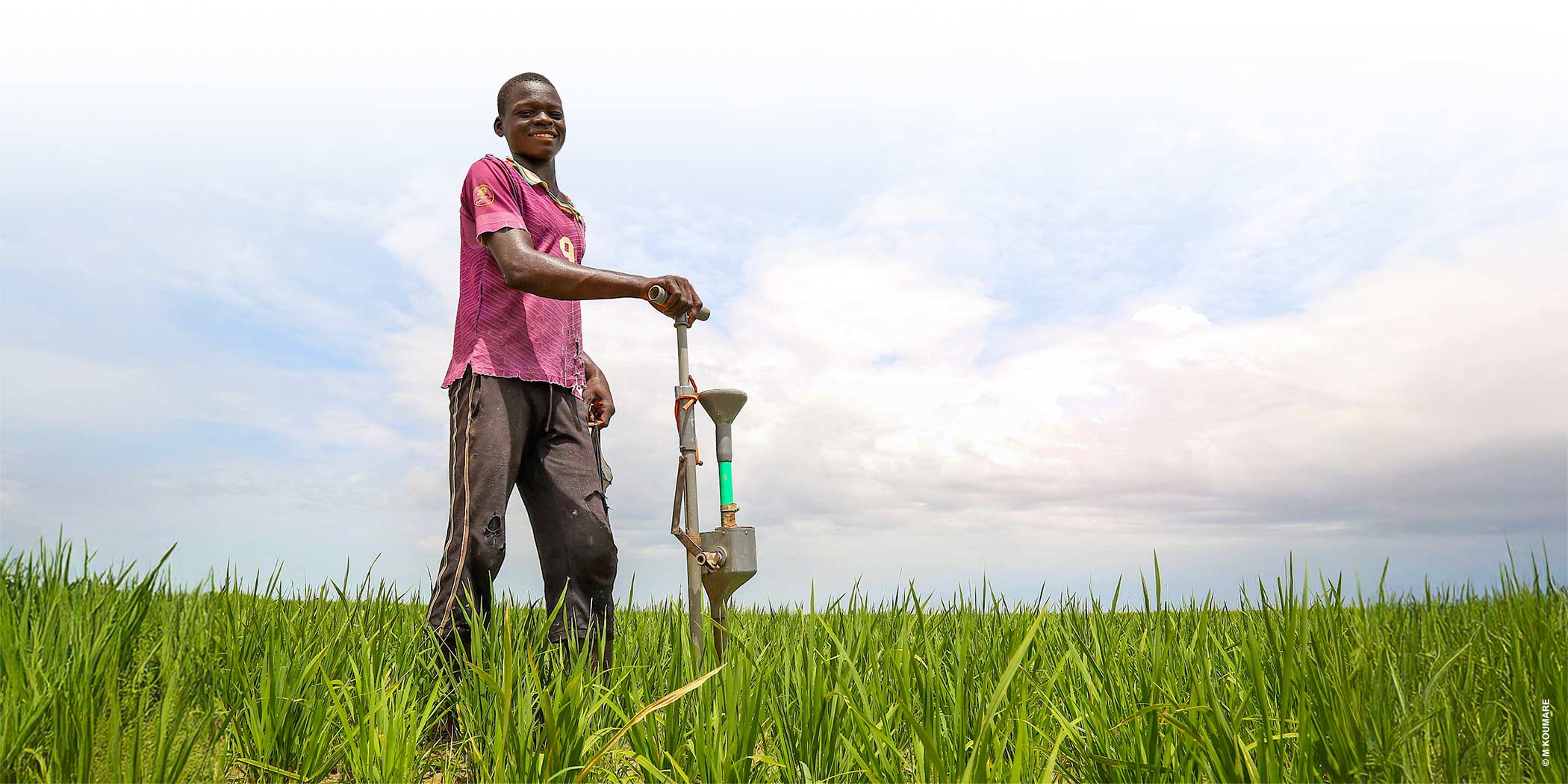
According to the Food and Agriculture Organization of the United Nations, soils support over two-thirds of the world’s biodiversity and enable nutrient recycling, which is important for both plants and animals. They are also one of the largest stores of carbon (in the form of soil organic carbon, SOC) furthering climate mitigation.
Soils also play a critical role in building ecosystem resilience and enabling adaptation to the effects of climate change, such as droughts and heat stress. Understanding the nature of these interactions and approaches to improving soil health are thus critical for climate action.
In this paper, we outline the role of soil in mitigating and adapting to the effects of climate change while also being influenced by these changes – a complex two-way relationship.

We first provide an understanding of this relationship before discussing the direct and indirect pathways through which soil health impacts carbon sequestration. Next, we highlight global evidence on soil health’s role in ecosystem services, including its ability to promote resilient, climate-adaptable systems.
Then, we discuss how these beneficial effects are under threat, as the increase in climate change-induced events limits the ability of soil to mitigate and manage climate change. Finally, we conclude by identifying areas where further action and research are needed.
This paper reinforces the central role that soils play not only as a vital component of agricultural productivity but also as a powerful lever for climate mitigation and adaptation.
The urgency to act is clear: without healthy soils, efforts to combat climate change and ensure a sustainable future will fall short.
Strengthening soil research, scaling proven innovations, and embedding soil health into broader climate and development frameworks must now become global priorities.




